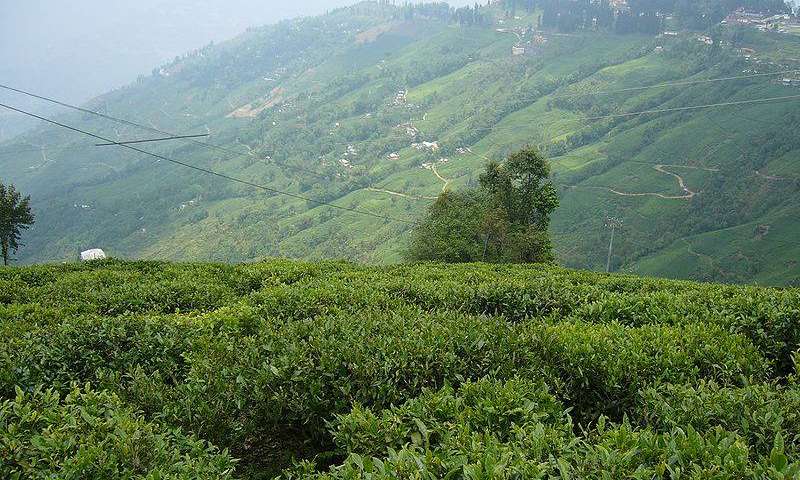This post was first published on 15th November, 2011.
Zippo Manufacturing Company v. Anil Moolchandani & Ors. , High Court of Delhi
Pronounced on 31st October, 2011
Facts
In February 2006 the plaintiff came across the defendant selling counterfeit lighters with the Zippo mark in the same shape and it was a verbatim imitation of the original Zippo lighters. Zippo, a company based out of USA claims to be a world leader in the manufacture and distribution of lighters…






